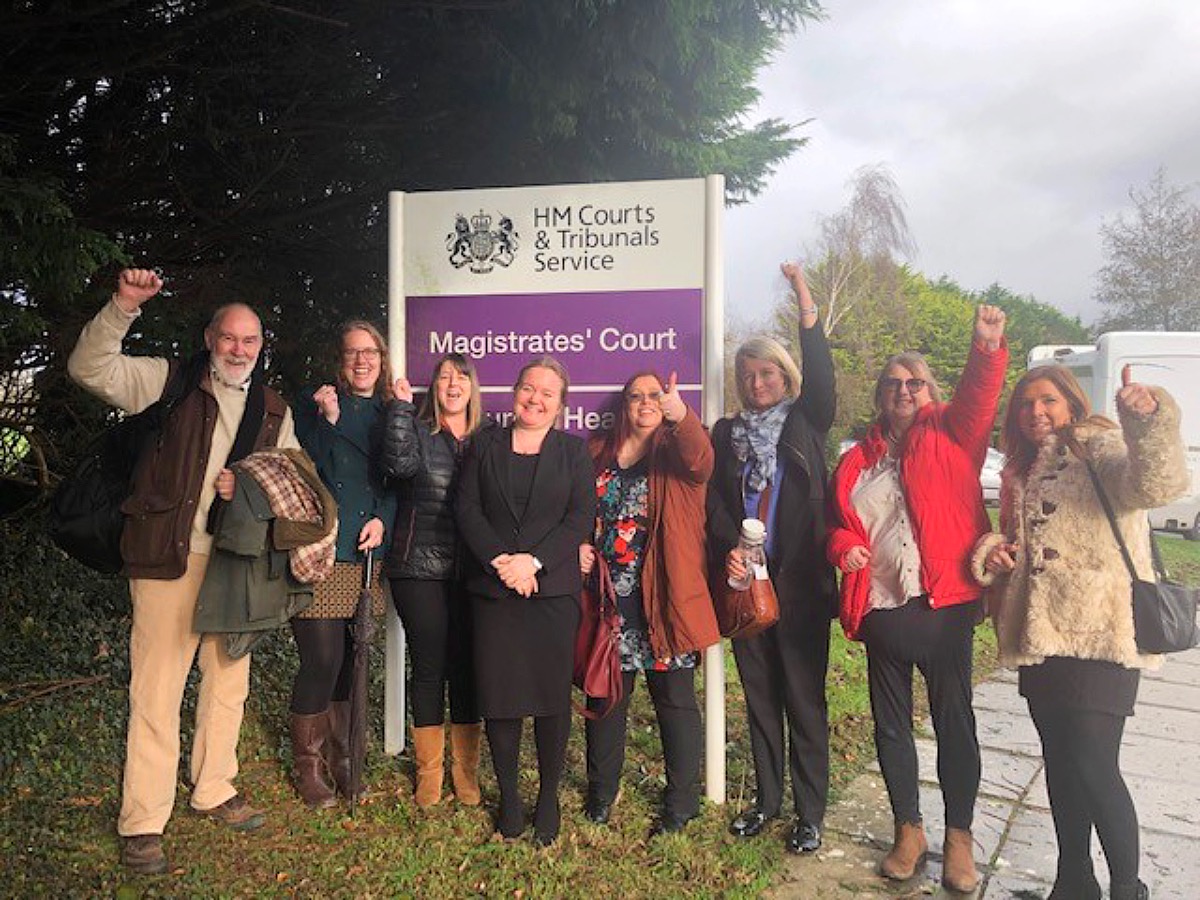Bedminster office
Fishponds office
Kingswood office
Huge win today for young people with autism in Cornwall against cuts to education funding

A Judicial Review against funding cuts by Cornwall Council to college education for autistic young people concluded today, 11 December 2019, with a huge success.
Full course funding has been restored, not merely for the September 2019 cohort but for every cohort from September 2020 to 2025. In all this means around six yearly cohorts of around forty young people will benefit.
It also means that Truro and Penwith College and its staff can be confident they have the funding at least for the next five year entries, which in effect runs through to 2028.
The action was initially brought by four young people who were due to start at college in September 2019. Having learned that the council was cutting funding, so the course was being reduced to three days/week, they launched judicial review proceedings with Watkins Solicitors in June 2019. By August we secured declarations in the High Court that the council had acted unlawfully by breaching the Equality Act 2010, breaching the Children and Families Act 2014, and breaching its duties to consult with the young people and their families affected by the decision.
The case went to another hearing on 19 September 2019 to decide on remedies, and by that stage, the council agreed to fund the 2019 cohort for five days/week provision.
With the claimants satisfied judicial review claims usually conclude, but Watkins Solicitors argued that the unlawfulness was not cured and that future cohorts were not protected. In an extremely unusual decision, the judge agreed and gave the council three months to take note of its responsibilities as made very clear by the court.
But it wasn’t until the case came back to the court on 11 December 2019, that the council and the college finally agreed an order to conclude the case, which now included two additional young people as claimants due to start at college in September 2020. And just two days before the hearing, the parent of another young person due to start in either 2021 or 2022 applied to be added as an interested party and came on board at the hearing.
The final order quashes the original decision to cut funding and imposes mandatory orders on the council to fund 5-days/week provision for all the claimants’ cohorts at least for the next five entry years from September 2020.
In a short commentary before approving the final order, His Honour Judge Cotter QC sitting as a High Court judge, observed:
It is not for me to say much in the face of an agreed order. However, financially and practically, the handling of the provision of this AIL course by the Defendant has been little short of disastrous.
What I have now, at the end of this case represents a huge waste of money and has caused a great deal of distress and worry for the families.
It is not going too far to say that I have struggled to comprehend the advice given initially in this matter- and I say initially. Quite how the matter came to be defended is little short of bewildering.
The whole episode has been so damaging for the defendant in its relationship with local citizens and those who are funded publicly. It would be no surprise if they sought some review, once able to take on board that the future education of their children is now at least for the near future secured.
Keith Lomax, who conducted the case for all the young people, has been bringing judicial review proceedings for the last 30 years but sees this as a landmark case. Not only did the claim succeed but the court allowed it to continue because the unlawfulness of the council would otherwise be left unchecked. New claimants came into the case to take the claim forward in place of the original young people. This was a claim that was not going away until the council gave in completely and restored the funding much longer into the future.
The claims were brought by the young people with the assistance of legal aid. The costs, however, will be paid by Cornwall Council.

 Keith Lomax
Keith Lomax
Comments